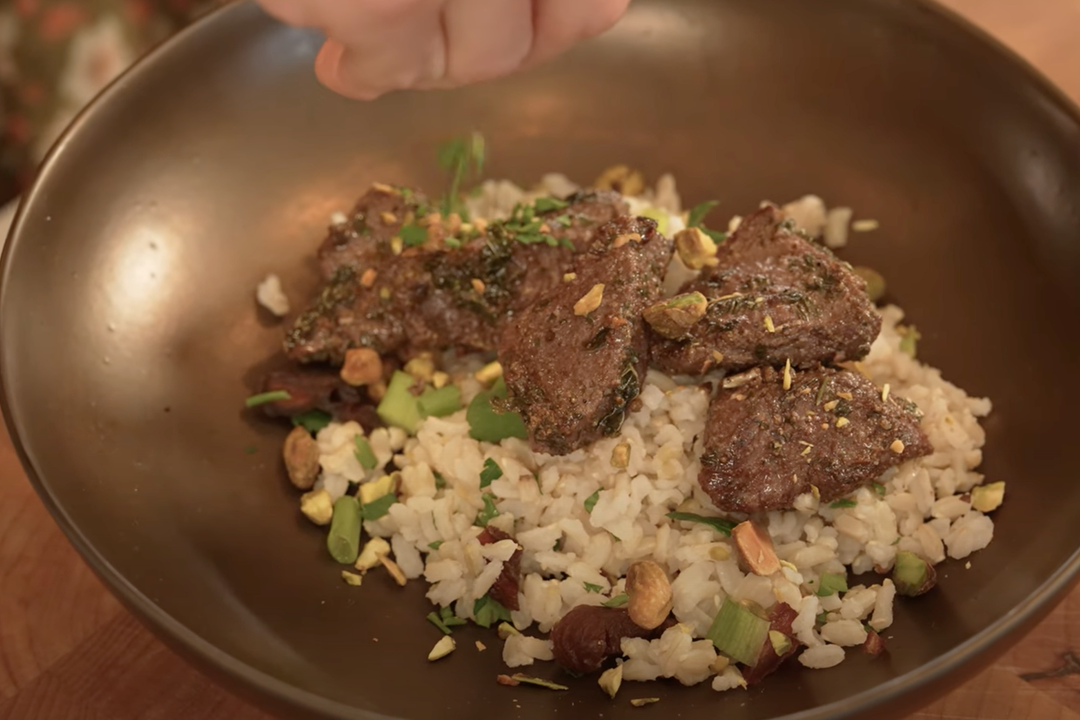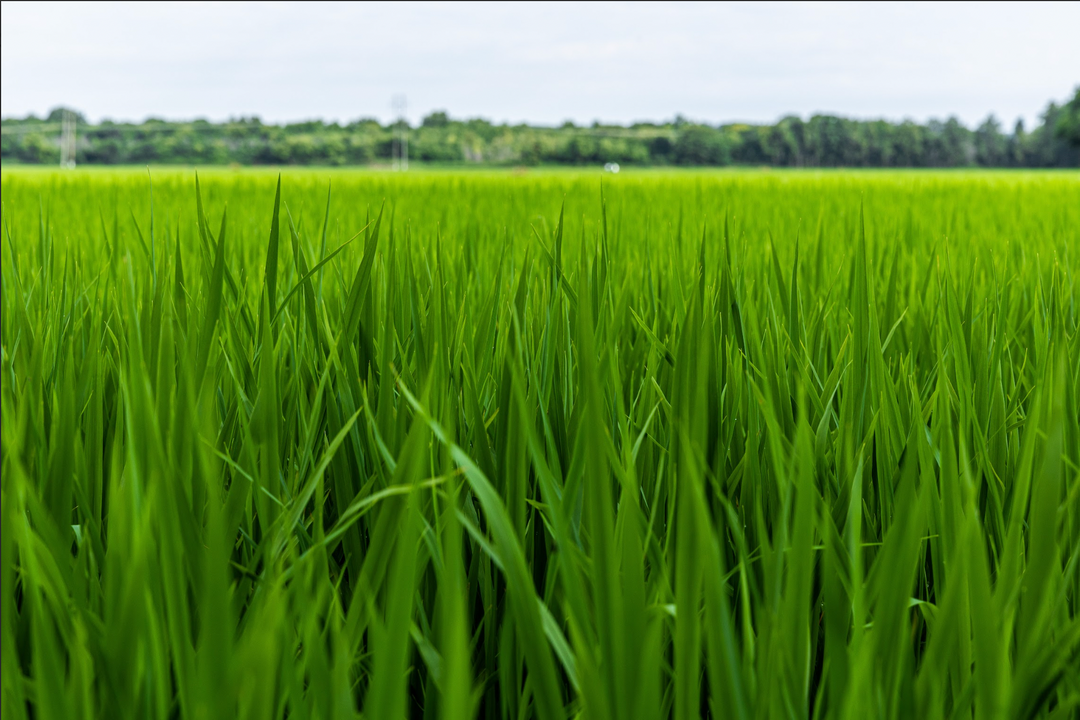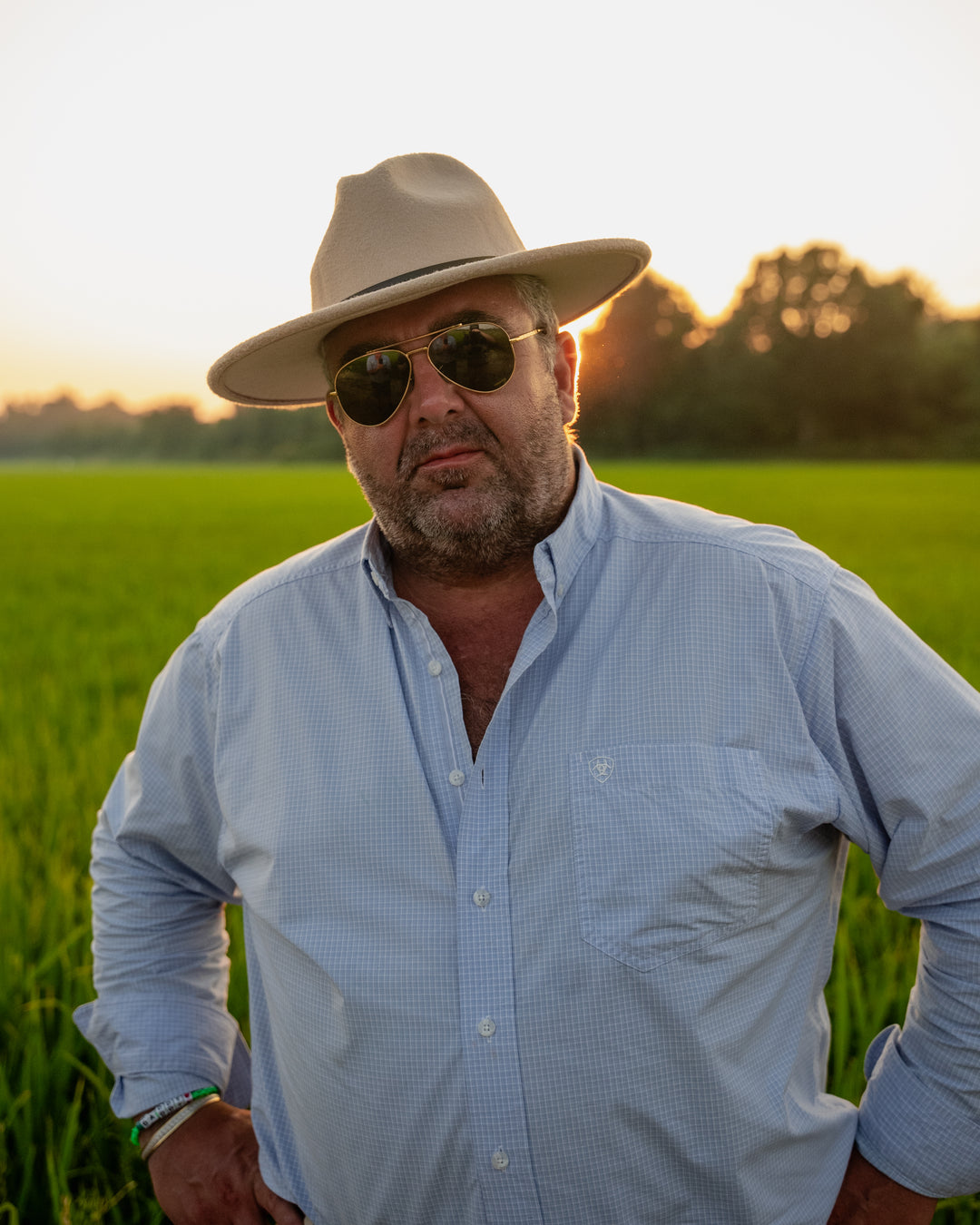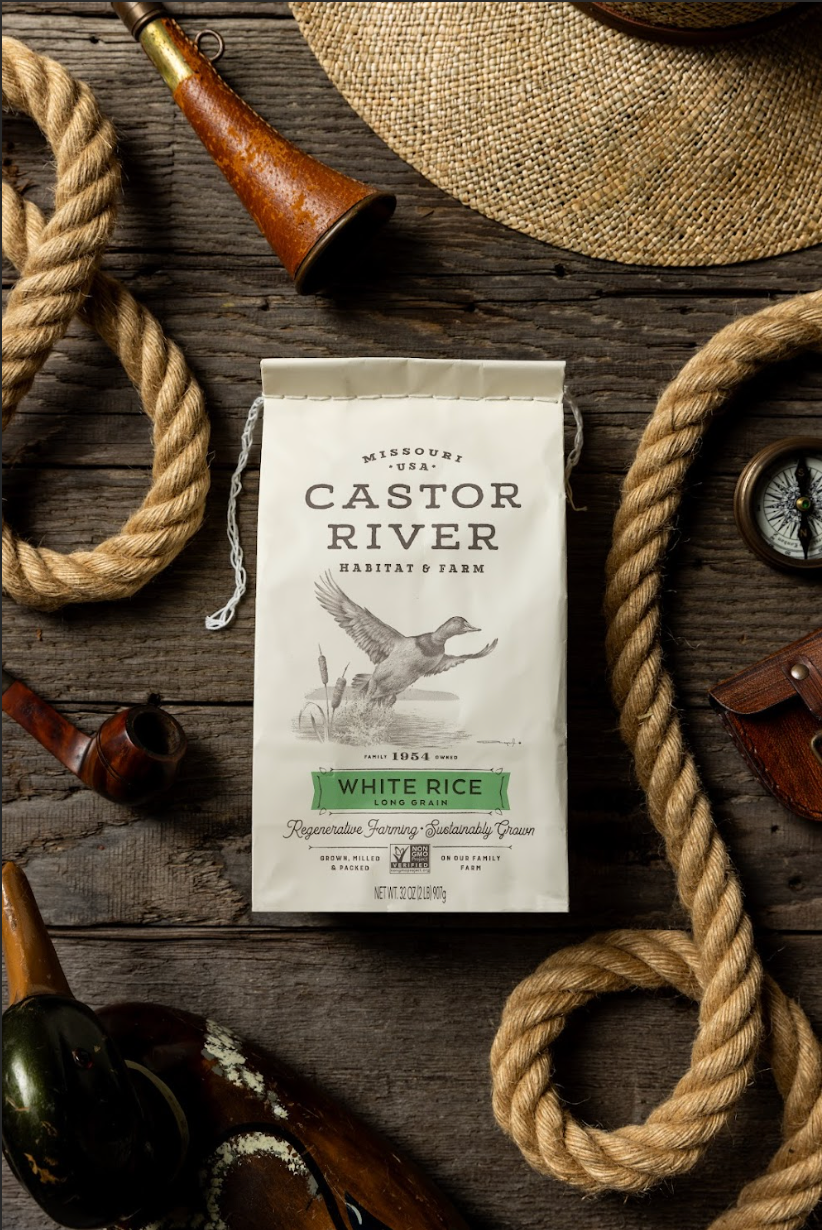Soil, Water, and Wildlife

Sustainability isn’t a marketing term. It’s not a trend, a box to check, or a certification to chase. It’s a responsibility—one that we take seriously at Castor River Farms.
For generations, agriculture has been dominated by a mindset of take, take, take. Strip the land, flood the fields, spray the crops, and expect nature to keep up. But the truth is, you can’t rob the land forever. You can’t keep pulling from the soil without giving back. Eventually, it stops producing. It stops thriving. And when that happens, it’s not just farms that suffer—it’s our food, our health, and our future.
That’s where regenerative farming comes in. It’s more than sustainability—it’s actively rebuilding, restoring, and respecting the land. It’s about working with nature instead of against it. And at Castor River, it’s how we farm.
The Problem with Conventional Farming
Modern agriculture is built on efficiency—get the highest yield, the fastest turnaround, and the biggest profit. But what’s been sacrificed in the process?
-
Water waste: Traditional rice farming floods fields, depleting water resources at alarming rates.
-
Soil destruction: Heavy tillage and synthetic inputs strip the soil of its natural fertility, turning it into little more than dead dirt.
-
Loss of biodiversity: Overuse of herbicides, fungicides, and insecticides has turned farms into sterile landscapes, devoid of the wildlife that once thrived alongside crops.
-
Nutrient depletion: Our food isn’t what it used to be—nutrient levels have dropped, and the quality of what we eat has suffered as a result.
The land is exhausted. The system is failing. It’s time for something better.
The Castor River Farms Approach to Regenerative Farming
At Castor River, we don’t farm the way it’s always been done. We farm for the future. We farm in a way that gives back to the land instead of just taking from it. Here’s how:
1. We Use Up to 60% Less Water
Rice farming has a reputation for being water-intensive, but it doesn’t have to be. Instead of flooding our fields like conventional growers, we use precision irrigation that cuts water usage by more than half. Less waste, better efficiency, and a smarter way forward.
2. We Keep the Soil Alive
If the soil isn’t healthy, nothing else is. That’s why we are a no-till operation. Instead, we plant cover crops on every acre to naturally build carbon, retain moisture, and feed the microbial life that keeps the soil thriving.
3. We Say No to Chemicals that Destroy Ecosystems
Nature is a balance—one that conventional farming has spent decades throwing off. We don’t use fungicides or insecticides because we know that wildlife belongs in farming, not outside of it. Birds, bees, and beneficial insects all have a role to play, and when you let them in, the land takes care of itself.
4. We Grow Nutrient-Dense Food, Not Just High-Yield Crops
What good is a high yield if the food is lacking in nutrition? Our rice has some of the lowest arsenic levels in the market and is packed with the nutrients missing from conventionally farmed grains. Because food should nourish, not just fill a plate.
5. We Trust Nature to Do Its Job
Farming isn’t about control—it’s about respect. The more we try to manipulate the land, the more we break what was never broken in the first place. Instead of fighting nature, we trust it.
We let the land breathe, we let wildlife dwell, and we let the soil improve itself the way it was designed to.
The Future of Farming Starts Here
Some people say that farming like this is hard. They’re right. Doing the right thing usually is. But if the only goal is to make things easier, we’ve already lost the bigger fight.
Regenerative farming is about legacy—about knowing that the land we’re tending today will still be thriving for generations to come.
At Castor River Farms, we don’t just grow food. We grow the future.
And that’s a harvest worth working for. Now, let’s grow something better.









